Tips for Improving Website Speed and Performance
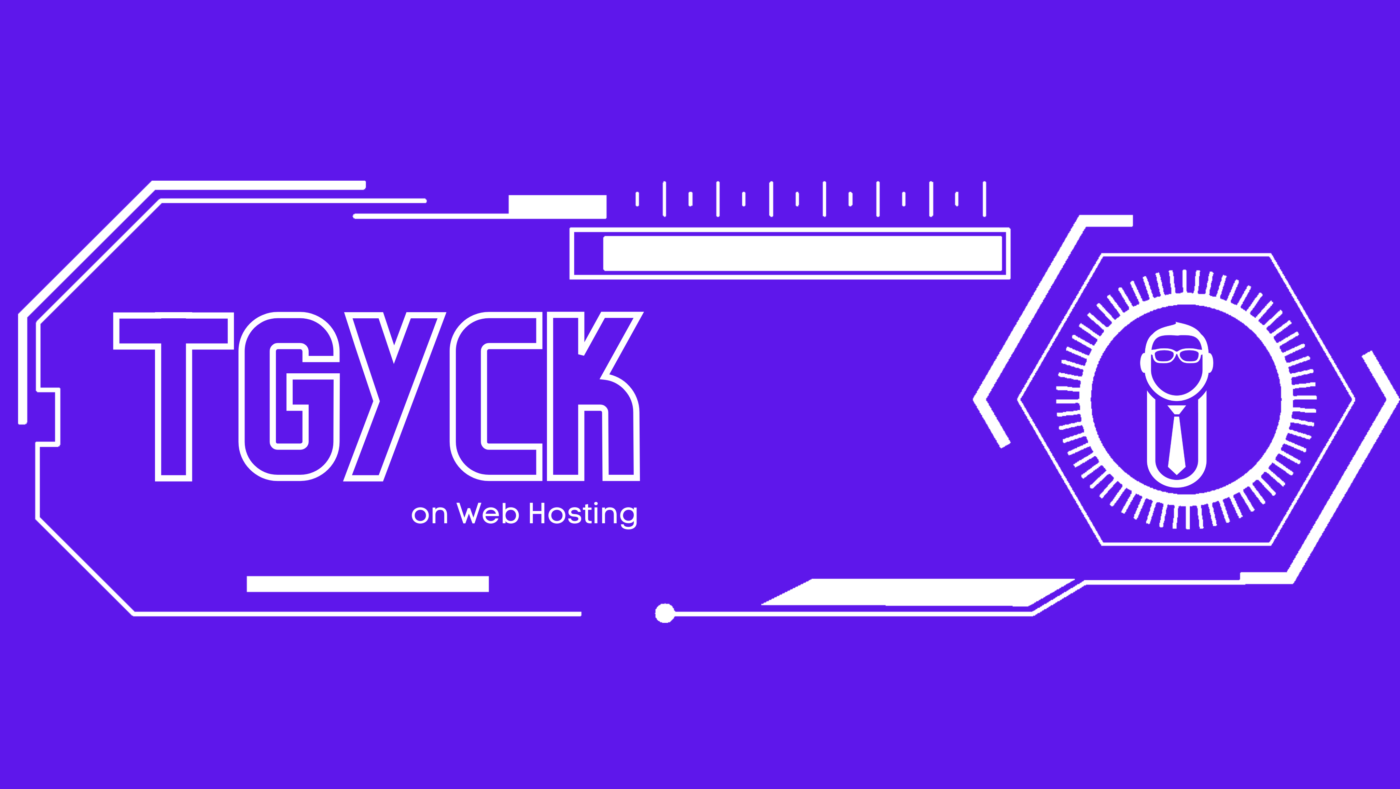
This blog post provides tips for improving website speed and performance. Learn how to optimize images, use a CDN, minimize HTTP requests, use caching, and prioritize above the fold content to ensure your website loads quickly and performs flawlessly.
Introduction: Monitoring a WordPress Site – Top Tools and Plugins
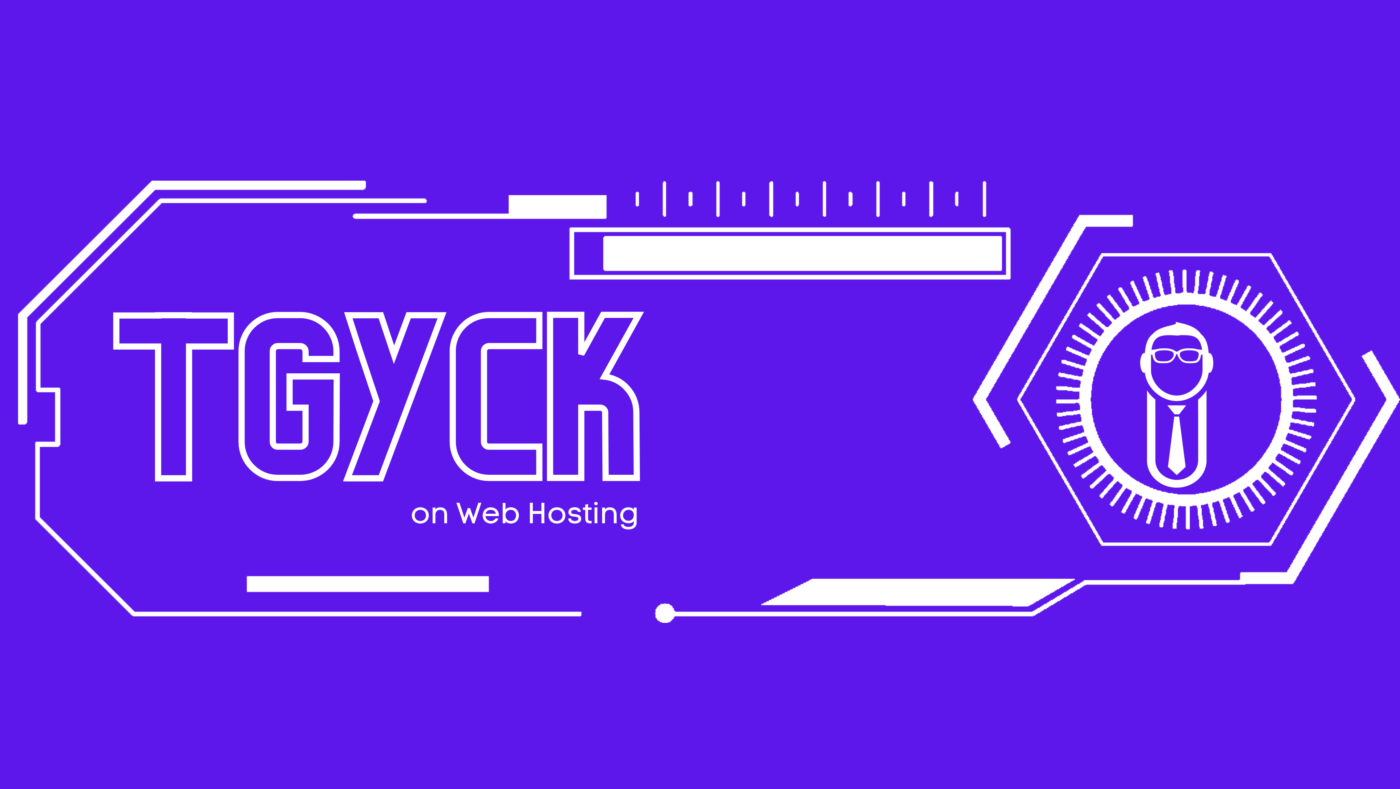
Introduction: Monitoring a WordPress site is a crucial task for any website owner or administrator. You need to keep an eye on your website’s performance, security, and traffic to ensure that your website is functioning smoothly. Fortunately, there is a variety of top tools and plugins available for monitoring your WordPress site, which can help […]
The Benefits of Managed WordPress Hosting for Your Business
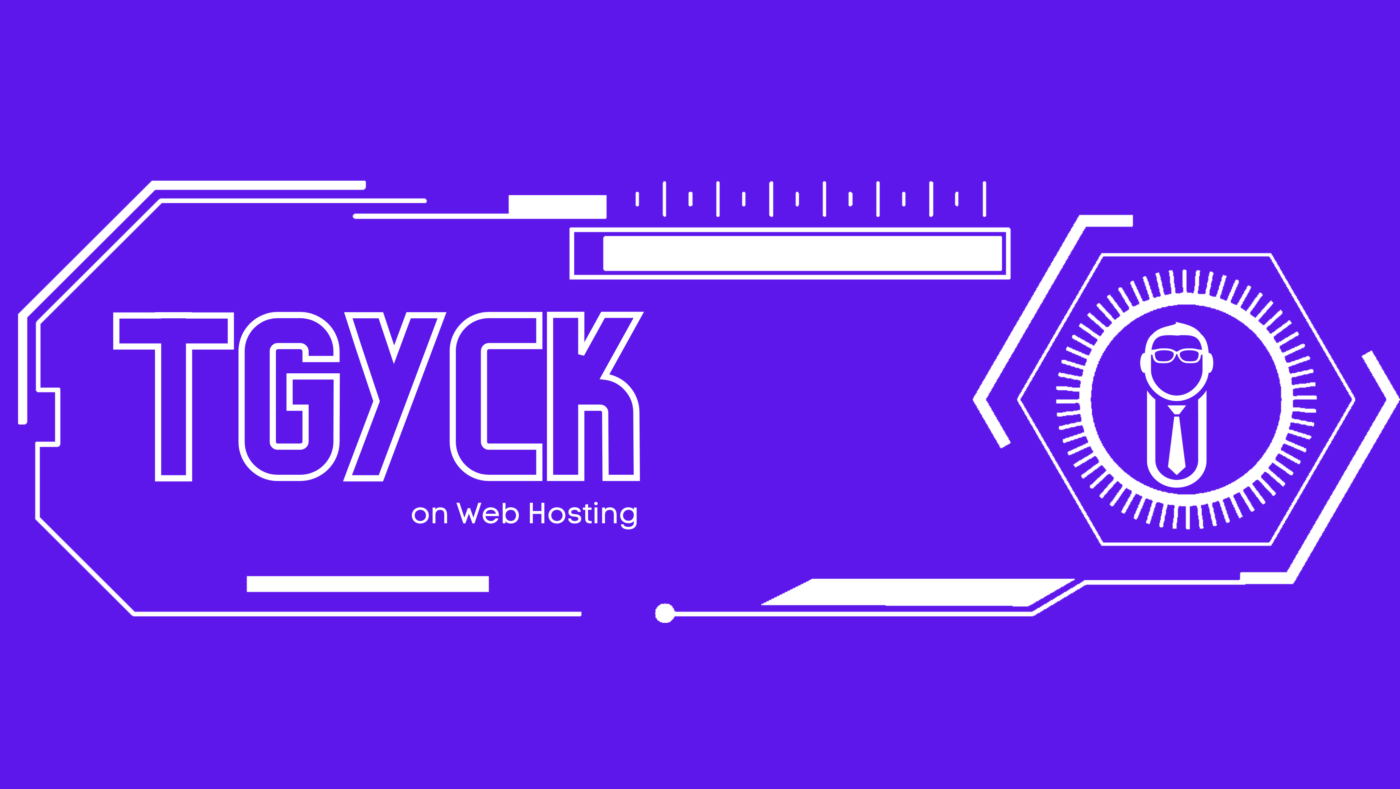
The Benefits of Managed WordPress Hosting for Your Business When it comes to building a website for your business, WordPress is undoubtedly one of the most popular and reliable platforms available. While the CMS is user-friendly and versatile, managing a WordPress website requires a significant amount of time, effort, and technical expertise. This is where […]
Introduction: Choosing the Right Web Hosting Plan for Your Business
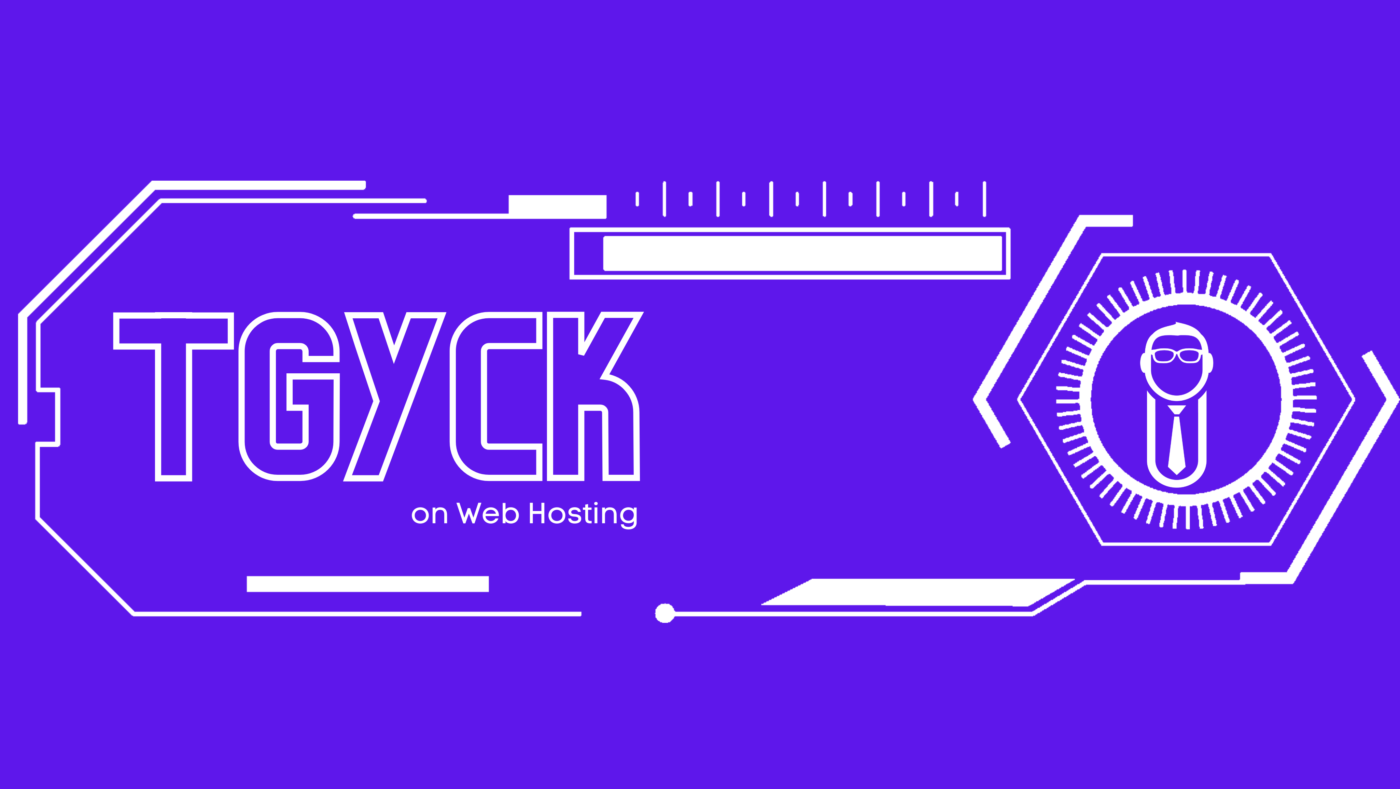
This blog post provides an introduction to selecting the right web hosting plan for your business. It outlines key factors to consider including website needs, types of hosting, uptime, reliability, technical support, and cost. The post also offers useful tips and insights to help you make an informed decision.
Balancing Performance and Security with a Content Delivery Network
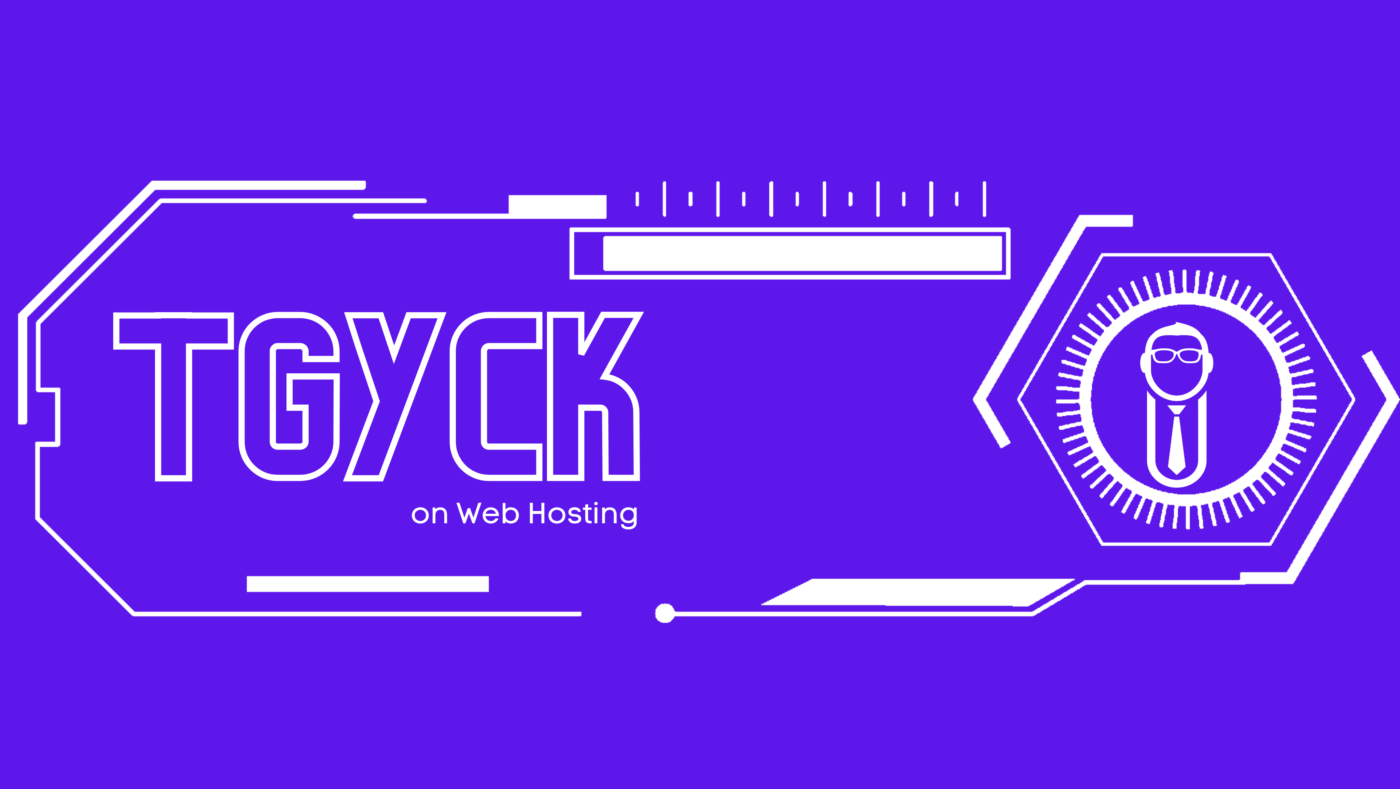
This blog post explores how a content delivery network (CDN) can help website owners balance performance and security. It explains what a CDN is and how it can improve performance and security, as well as the additional features many CDNs offer. It’s a great read for anyone who wants to learn more about CDNs and how they can benefit their website.
Introduction: Understanding Docker Containers
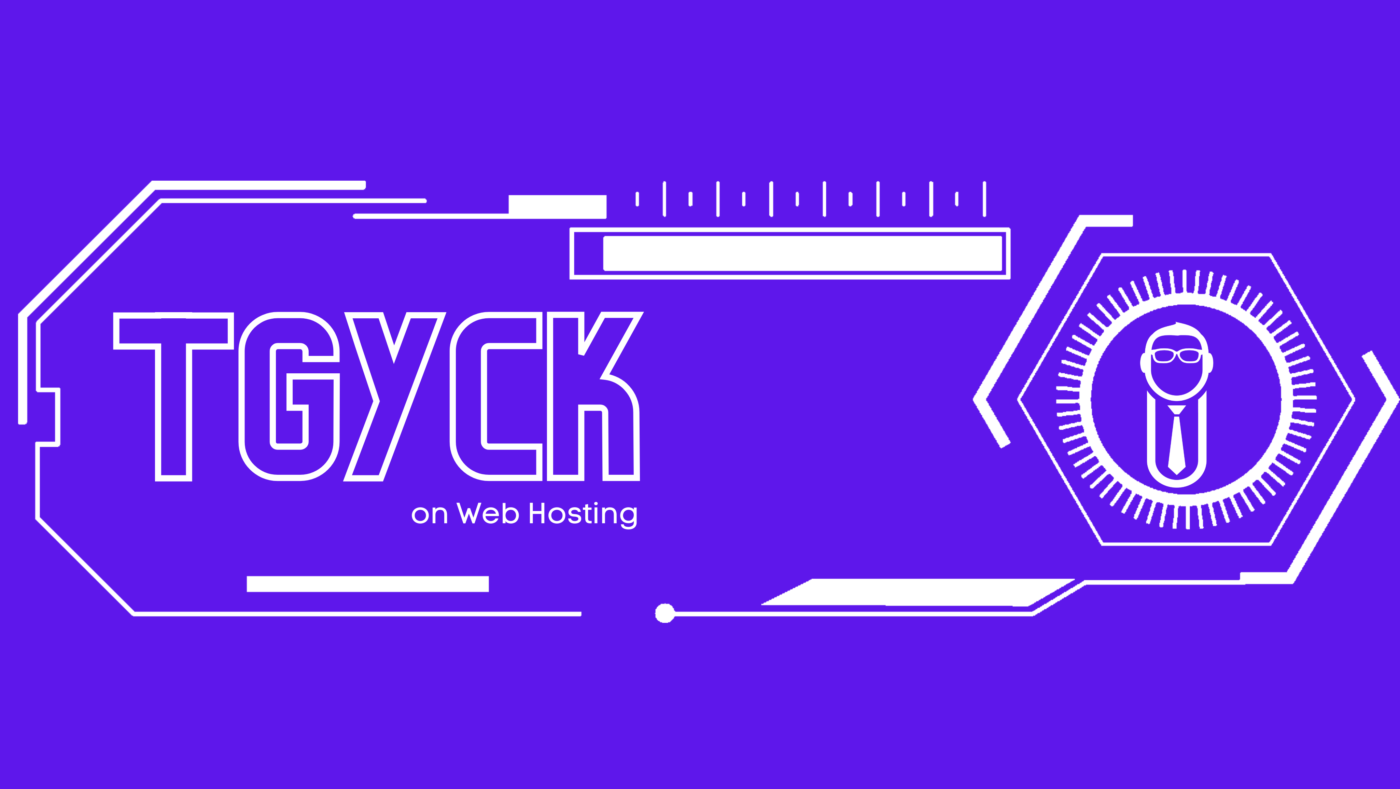
This blog post provides an overview of the benefits and use cases of Docker containers in web hosting. It explores the advantages of Docker containers and examines how they can be used to improve web hosting performance, reliability, and security.
Tips for Reducing Server Load and Increasing Efficiency
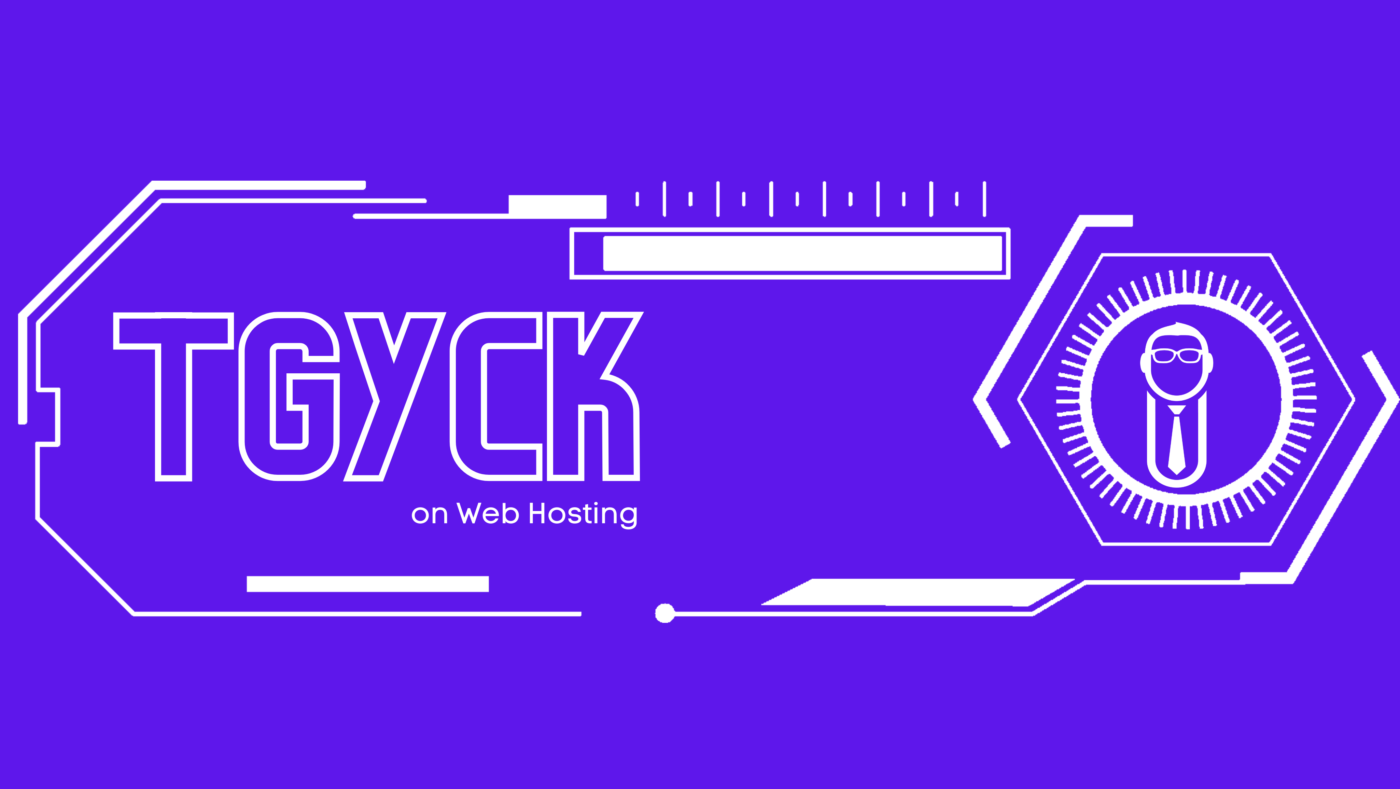
Tips for Reducing Server Load and Increasing Efficiency Server load is one of the most critical factors that affect the performance of your website or application. When there are many requests made to the server at once, it can cause the server to slow down, leading to slow page load times, unresponsive pages, and even […]
Introduction: Benefits of Choosing an Eco-Friendly Web Host
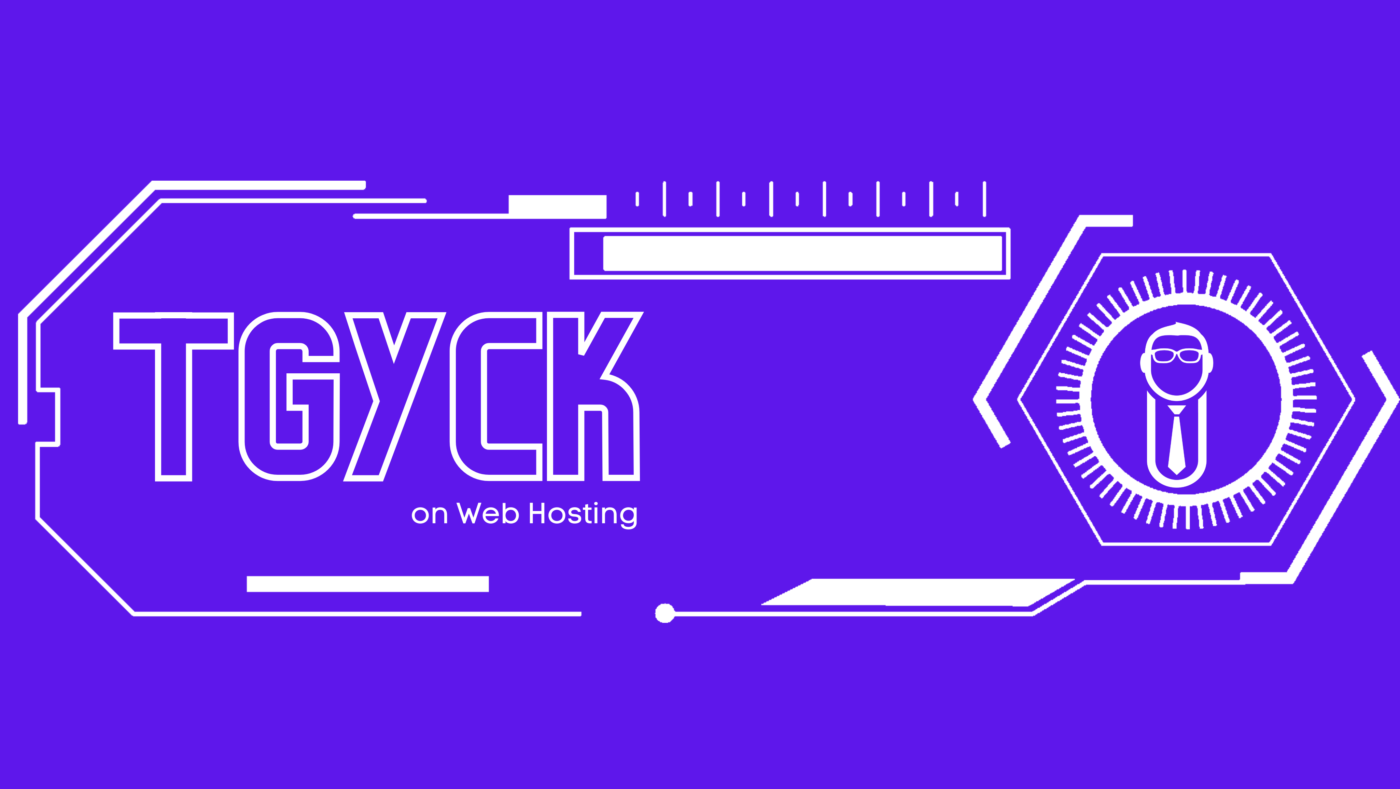
This blog post provides an overview of the benefits of choosing an eco-friendly web host, including reduced carbon footprint, improved website speed and functionality, and marketing benefits. It is an informative read for anyone looking to reduce their website’s environmental impact.